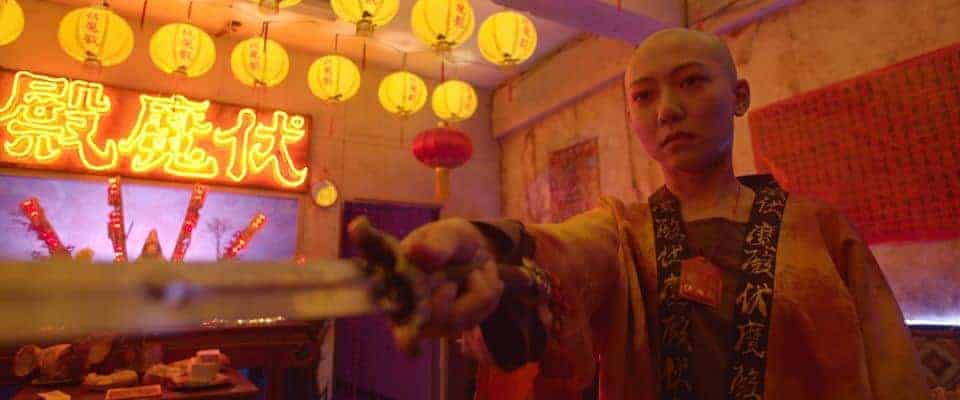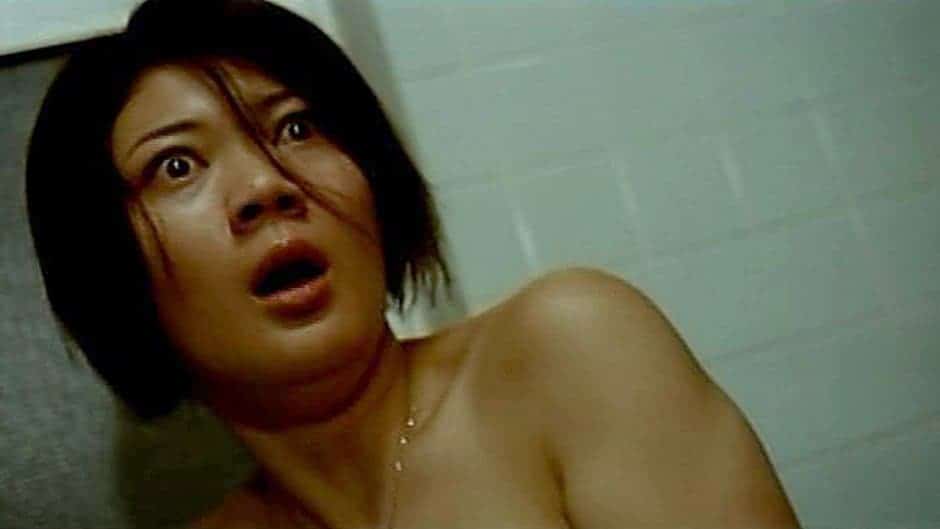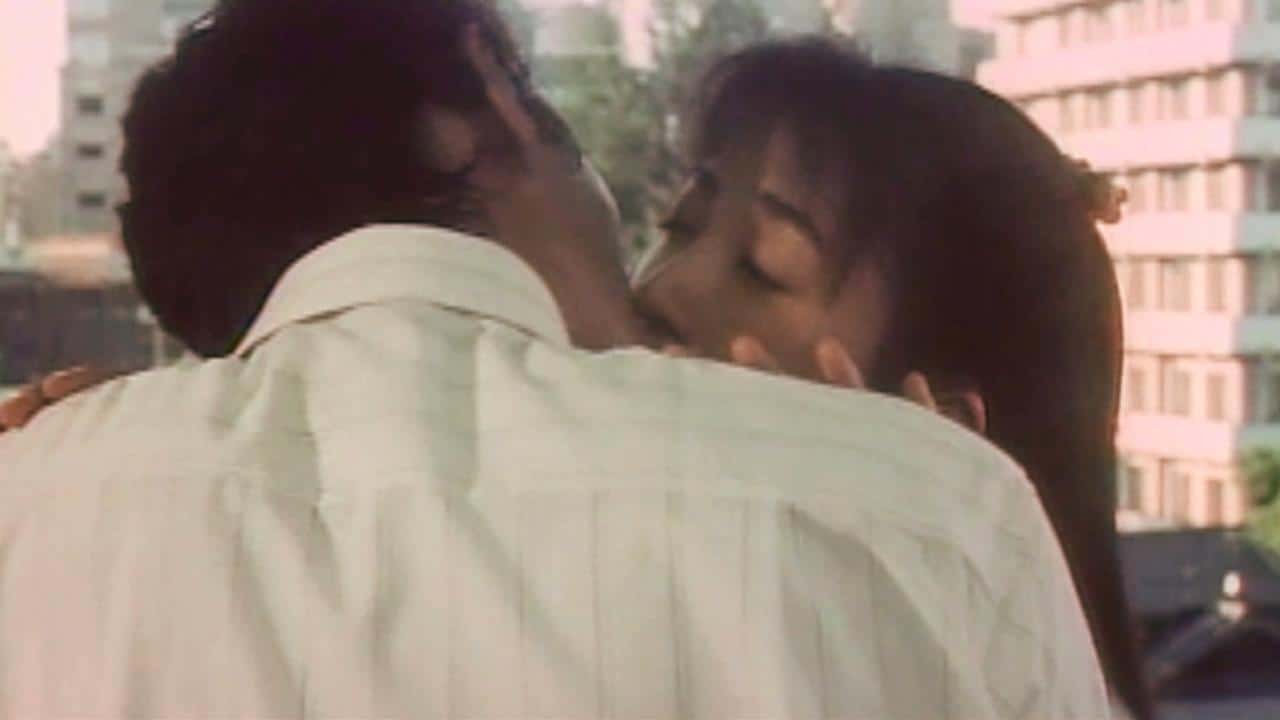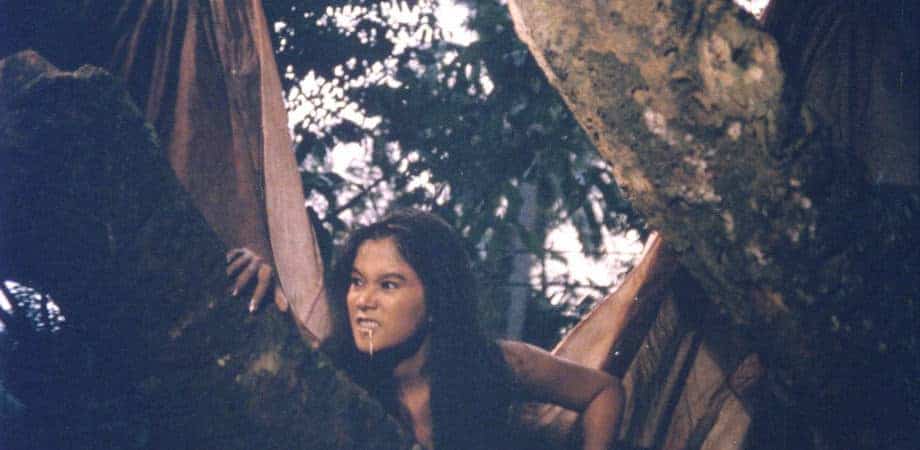Talented Catalan director Adrià Guxens has shown a deep understanding and love for the culture, the aesthetic and the people of China in his pre-pandemic short documentary “I Don't Think It Is Going to Rain” (2019), and in the following “A Distant Noise” (2023). His most recent “A Hacca Song” is the completion of an ideal trilogy, having in common with the previous two a sharp glance at the generational gap in China and the fast-growing divide between new China and old China.
A Hakka Song review is part of the Submit Your Film Initiative

A Hakka song is also how the film introduces us to the rural village of Hekeng, in the mountainous areas in south-eastern Fujian, China. The singer is Wei Yi, a local woman who works as a tourist guide, accompanying visitors to admire the circular, enclosed and fortified earth building called “tulou”, unique to the Hakka of this area. Wei Yi's family lives in one of the many units that the tulou is comprised of. Her father-in-law, Zhang Zhouyin, is an elderly man who enjoys spending time with other elders and friends, smoking and drinking tea. From their conversation we assume that they are concerned about the maintenance of the village's temple but also for the gradual depopulation of Hekeng, due to the migration of young villagers to larger cities, and their opinions about the matter are clashing. Another member of the family is Wei Yi's young son, Zhang Weibo, who is still in a careless phase of his life; school, mood swings, silly jokes and the unmissable smartphone are all part of his world.
The phenomenon of Chinese rural villages slowly emptying as young people migrate to big cities is a significant aspect of China's ongoing urbanization, with economic opportunities and educational aspirations being within the major factors of this reality. The implications for rural communities are substantial, like labour shortages in agriculture and local industries, as well as a decline in social cohesion and traditional ways of life. It is an exponentially fast process, and the generational gap has been widening considerably in the last few years.
With his gentle, fly-on-the-wall approach, Guxens frames three generations of contemporary Chinese left behind in a rural Hakka community, untouched and unseen by westerners. Their destinies appear tightly entwined around family history and cultural heritage, but their future is uncertain. Zhang Zhouyin's aging generation struggle to maintain community cohesion and preserve traditions, while Wei Yi, in her role of guide, is the bridge between old and new, between tradition and innovation. However, young Zhang Weibo belongs to a nomadic generation and he is the big question mark. Will he leave Hekeng in search of better opportunities? Will he develop a set of different values and aspirations from his family?
Convivial moments around food and eating are often documented in Guxens' trilogy. In “I Don't Think It Is Going to Rain” Ling and her grandson turn a fish lunch into an occasion to talk about future plans. And in “A Distant Noise”, love, appreciation and sorrow spill out around a table where different generations and nationalities are connected by the rice. Here as well, the dinner table is a microcosm where the three generations interact and discuss, a time for the family to come together and bond.
To conclude, once again, director Guxens has incapsulated a shard of China in his work, with his unobtrusive and yet intense and focused look at his subjects.















